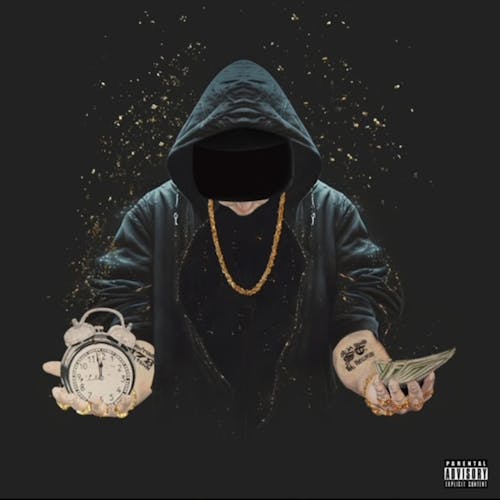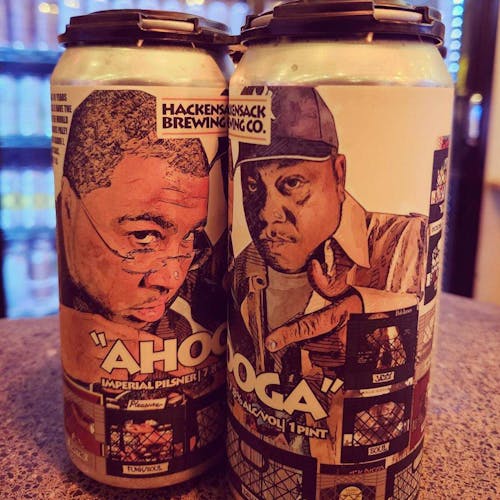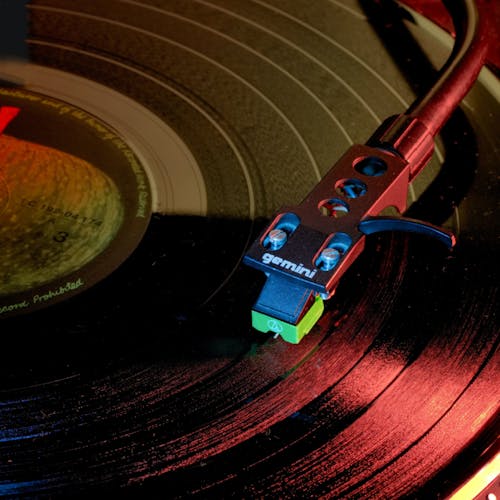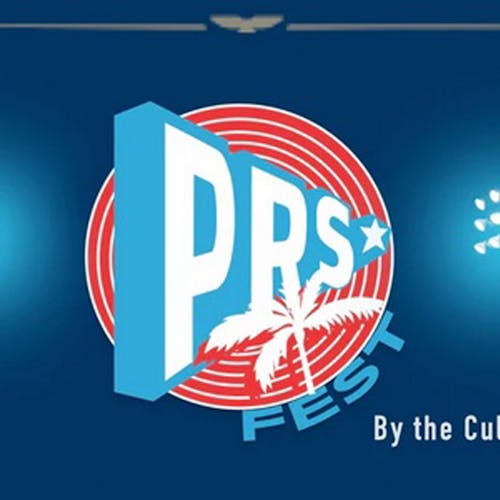
John Singleton's magnum opus, Boyz n the Hood, celebrates its 30th anniversary this week. In celebration of the film, we're dedicating an entire week to aspects of Boyz... you may have never considered before.
When Boyz n the Hood was released in 1991, many pockets of white America were absolutely shocked by the depiction of life in Compton. Of course, Singleton's unapologetic critique on race, class, fatherhood, and friendship, was also an extension of what N.W.A. had achieved with 1988's Straight Outta
Compton: uncomfortable truths.
While the film has been unpacked on many levels — especially after Singleton's untimely death in 2019 — there still remains a larger question that deserves unpacking: How much of a role did Stand By Me play on Boyz n the Hood?
The Brothers
Despite the strong ensemble,, Stand By Me is Gordie LaChance's story. As he looks back on his life, he's left with the closing insight, "“I never had any friends later on like the ones I had when I was twelve. Jesus, does anyone?”
The boys' journey seems like a way for Gordie to deal with the death of his own brother Denny (who we see in flashback). The reverberation of this tragedy has essentially rendered Gordy invisible to his parents who are so overcome by grief that its channeled into both anger (father) and indifference (mother).
Whereas Denny's death is the kindling for the boys to go off on their adventure, Ricky's death in Boyz n the Hood bookends Singleton's film. After avenging his brother's death, Singleton handles Doughboy's fate by creating a fade out effect which hints at what's to come.
In an interview with Jog Road Productions, producer Steve Nicolaides revealed that Singleton wanted him to produce the film because of his previous work on one of Singleton’s favorite films, Rob Reiner's Stand By Me. Reiner picked up on Singleton’s choice to mimic a fade out effect on one of the main characters at the end of the film. “It was an homage.”
The Dead Body
Singleton has said that Stand By Me was the last movie he saw before he entered USC film school.
"I loved everything Stephen King wrote. It's a very emotional coming of age, young male story. And I love it on the merits of that. - John Singleton
It should come as no surprise, then, that both films pose a similar question asked by young actors: "Wanna see a dead body?"
In Stand By Me, seeking out Ray Brower's body is the inciting incident: a reason to go off on an adventure, and to ultimately learn that gaining notoriety off something so macabre wasn't something anything people should profit off of. In Boyz, the dead body seems so commonplace. "That's how they smell after a while," Little Chris says. "I wonder why it take them people so long to pick him up." There's even an impromptu football game ten yards from the rotting corpse.
The grim statistic at the beginning of the film — noting that one in 21 black American males will be murdered in their lifetime — seems to be in stark contrast to Ray Brower's death (who was struck by a train).
The Gun
In both Stand By Me and Boyz n the Hood, the gun is the purveyor of justice — whether justified or not. When Gordie points it at Ace, he wholly understands the significance of death. He's grieved for his brother, and in this moment, Ray Brower's body isn't a trophy. The gun is a symbol of adulthood.
After Ricky is killed, Tre retrieves Furious' gun to avenge his friends death. Ultimately, his father stops him from making a mistake which would shift the entire trajectory of his life.



